A group of top international scientists gathered in San Pedro Town to participate in a unique event to explore the various observational and theoretical aspects of intermediate-mass black holes. The event dubbed ‘Intermediate Mass Black Holes: The Dawn of a New Era’ was organized by Northwestern University in Illinois, USA, and held from December 2nd to the 5th at the Grand Caribe Resort, bringing together a host of experts. They shared their ideas about black holes in a series of interactive presentations. The event also saw the participation of the Ministry of Education, Culture, Science and Technology, which cited opportunities for Belizean students interested in astrophysics.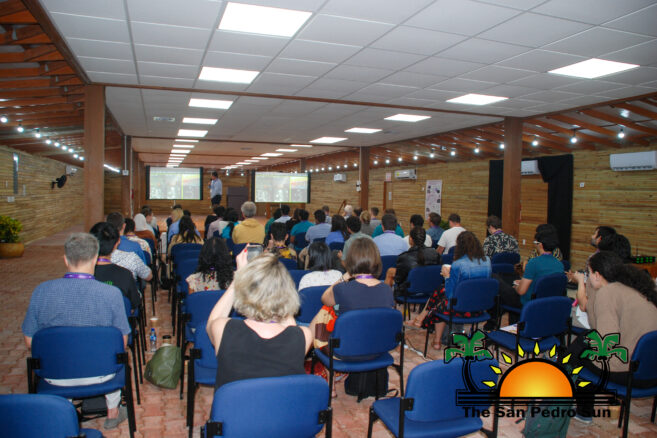
A black hole in outer space is a region where gravity is so strong that nothing, including light and other electromagnetic waves, can escape from its force. The formation and mystery of these high-energy phenomena were discussed at this prestigious conference.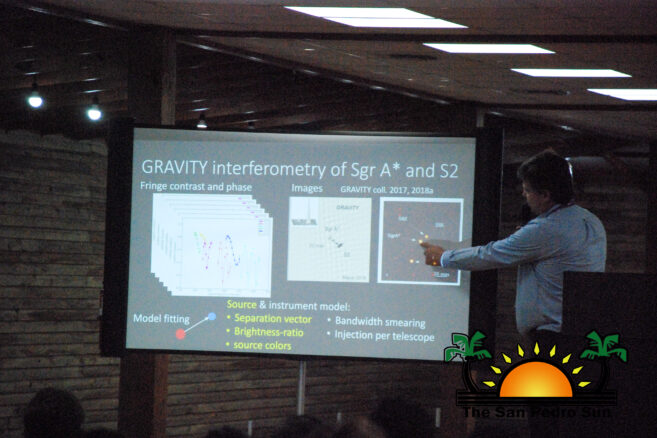
On Monday, December 4th, Giacomo Fragione, an astrophysics professor at Northwestern University, shared that this is the second edition of the workshop, which he helped organize. The first conference was held in 2022 in San Juan, Puerto Rico, and also focused on black holes. Fragione explained that they have discussed three different types of black holes. These include stellar black holes formed after a star dies and are more significant than the sun. The super-massive black holes, the size or larger than some galaxies and those in between, are identified as intermediate black holes. Fragione said that there is no evidence about intermediate black holes. Still, at these conferences, they are trying to understand what is happening, the expectations, and the implications for understanding the universe.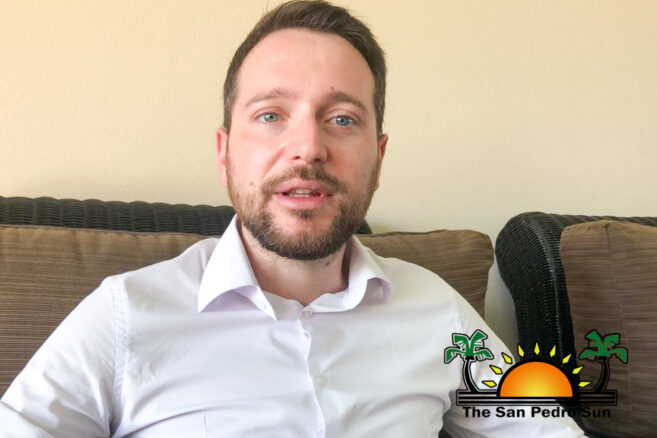
Fragione noted that in the center of the Milky Way Galaxy is a black hole that is four million times bigger than the sun. Earth is located in one of the spiral arms of the Milky Way (called the Orion Arm), which lies about two-thirds of the way out from the center of the Galaxy. “This black hole has interacted a lot with our galaxy and shaped its history as well as planet Earth,” said Fragione. “We want to know how these big black holes were born, which is one of the main questions we are trying to answer. The main implication is how we try to understand this aspect of the universe and may need to develop a completely new theory. So, it is a significant implication.” The workshop also served researchers working on intermediate-mass black holes on all scales to connect theorists, link, and share knowledge on similar topics with colleagues.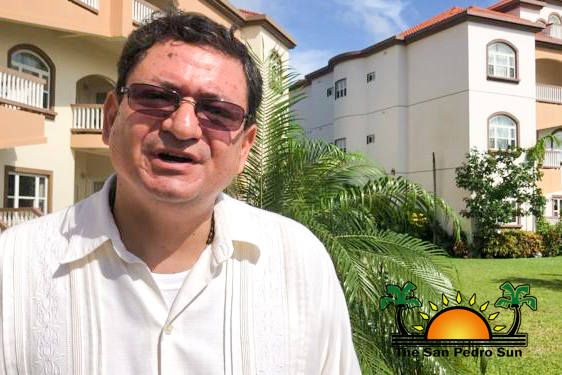
The Minister of State in the Ministry of Education, Culture, Science and Technology, the Honourable Louis Zabaneh, attended the event to address and meet the participants. Minister Zabaneh acknowledged Belizean-American Dr. Arlie Petters, currently the provost at the New York University, and world-renowned mathematical, physicist, and astrophysicist, who introduced him to this type of conference where scientists gather and share their research results on topics such as black holes. Zabaneh said they approached the organizers and attracted them to hold the conference in Belize. “It’s a wonderful opportunity for Belize, the exposure to having these world-renowned scientists in the country,” said Zabaneh. “We have also been receiving messages from them that they will share with our students across the country to inspire them to know that this is an attainable area for our Belizeans.” The minister said this would be done through his ministry. He again mentioned Dr. Petters and other Belizeans, such as Dr. Sydney Taegar and Dr. Aaron Lewis, who have attended some of the best universities abroad. Minister Zabaneh added that astrophysics is a demanding area and, in terms of training, is the brightest of the brightest that end up studying this field. He is confident that there are many young Belizeans in primary and high schools and university level, that once they get an opportunity, will be able to likewise contribute to this area of science. Zabaneh stressed that his ministry believes that Belizeans have the capacity for everyone to flourish and reach such high levels of education once the proper environment is prepared.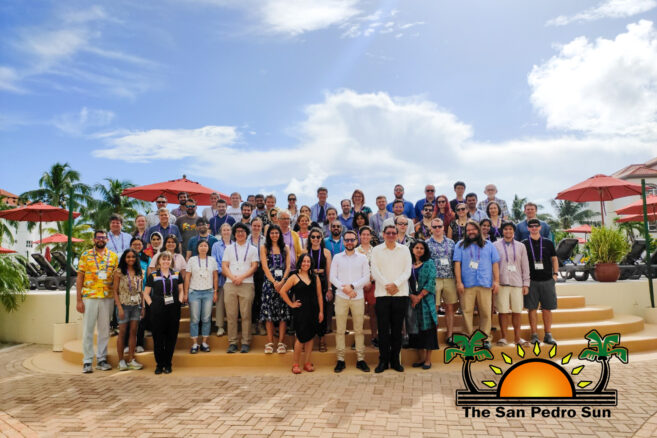
The conference closed on Tuesday, December 5th, with more presentations on understanding this phenomenon. Organizers say the discussion about black holes will continue, and they look forward to hosting the conference again in 2024.
Scientific conference in San Pedro discusses Black Holes; potential opportunities for Belizean students
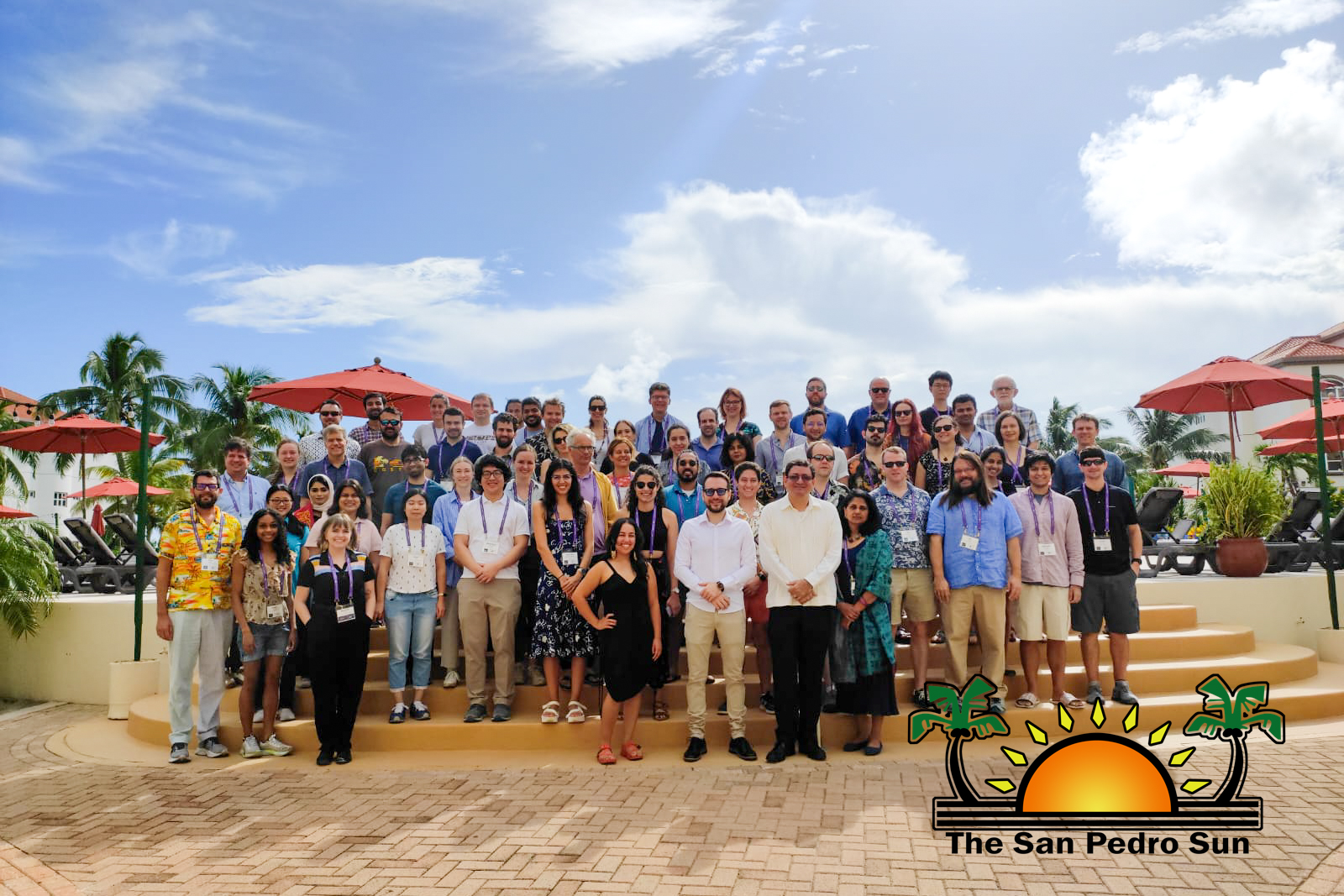
Share
Read more

